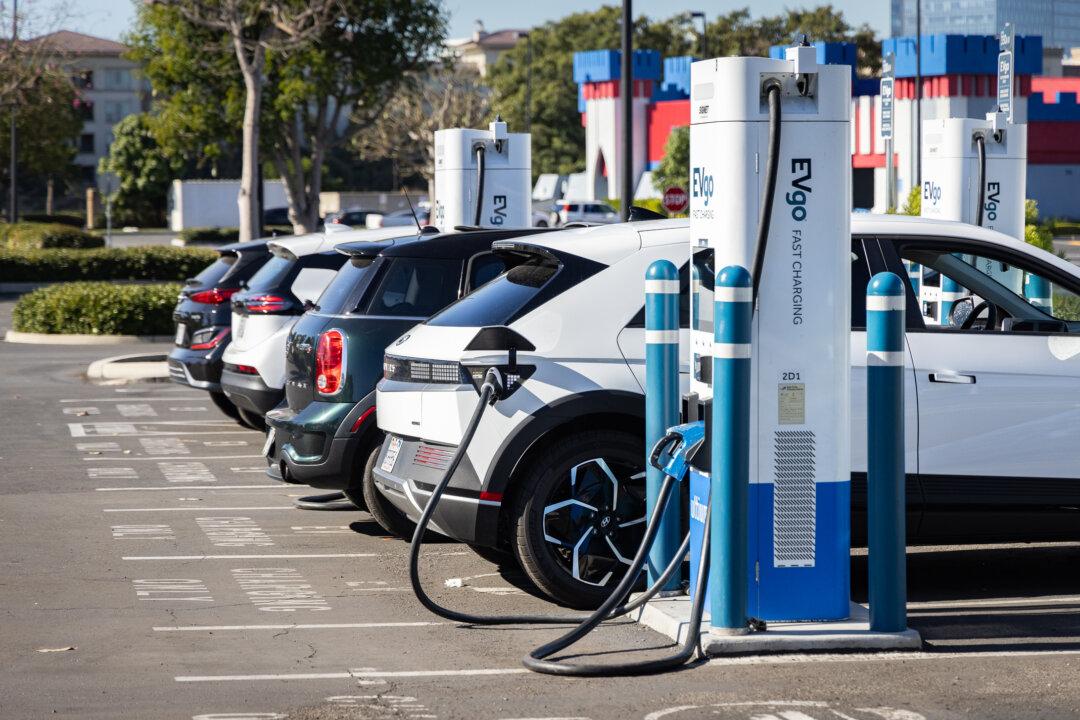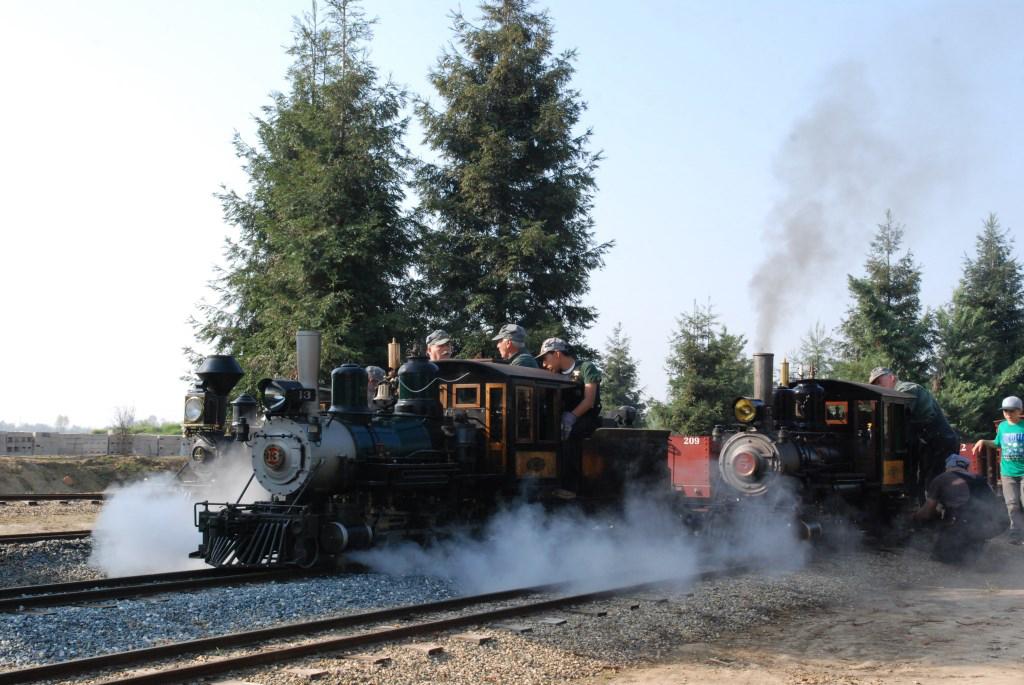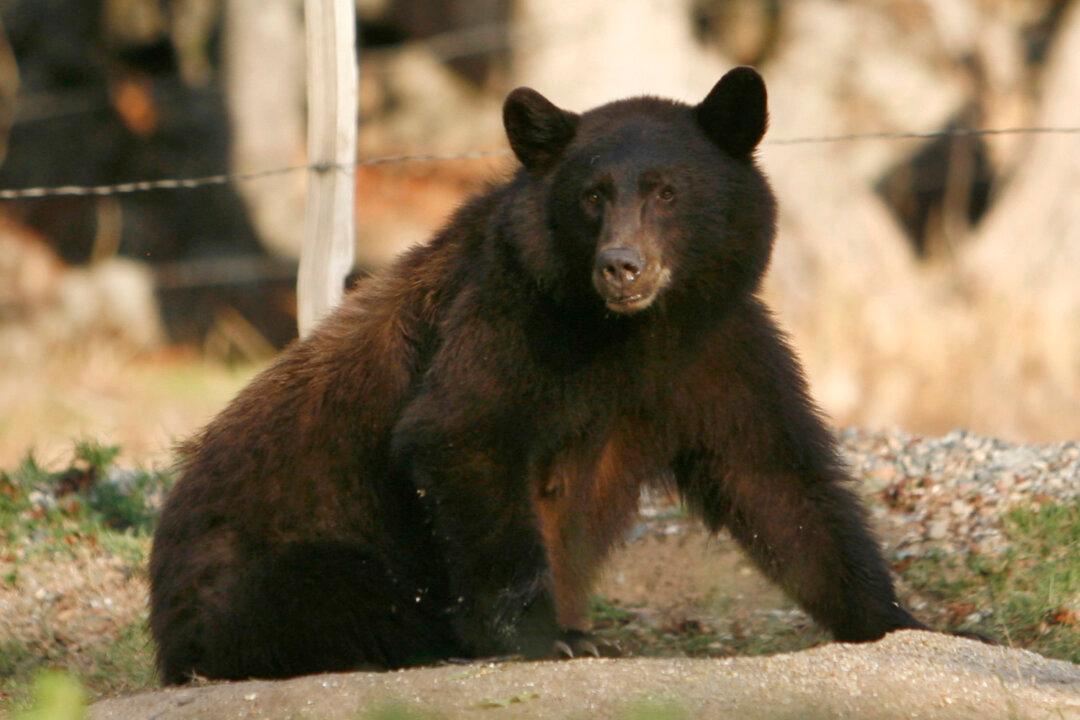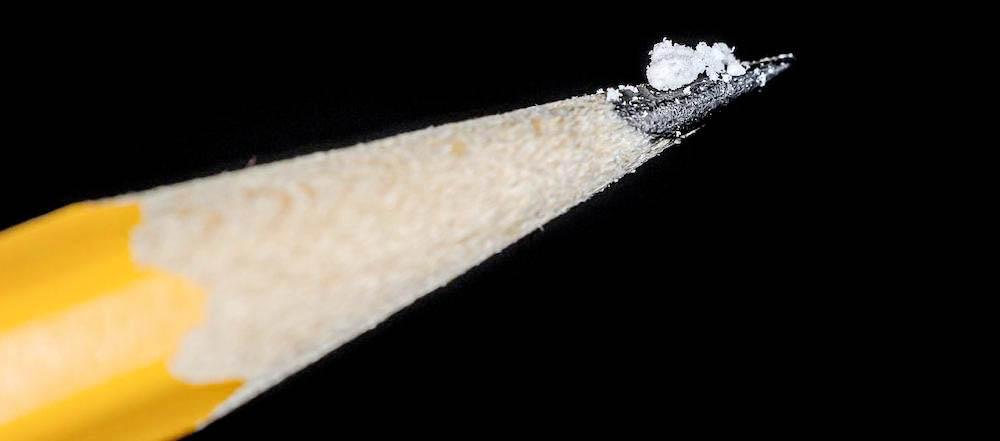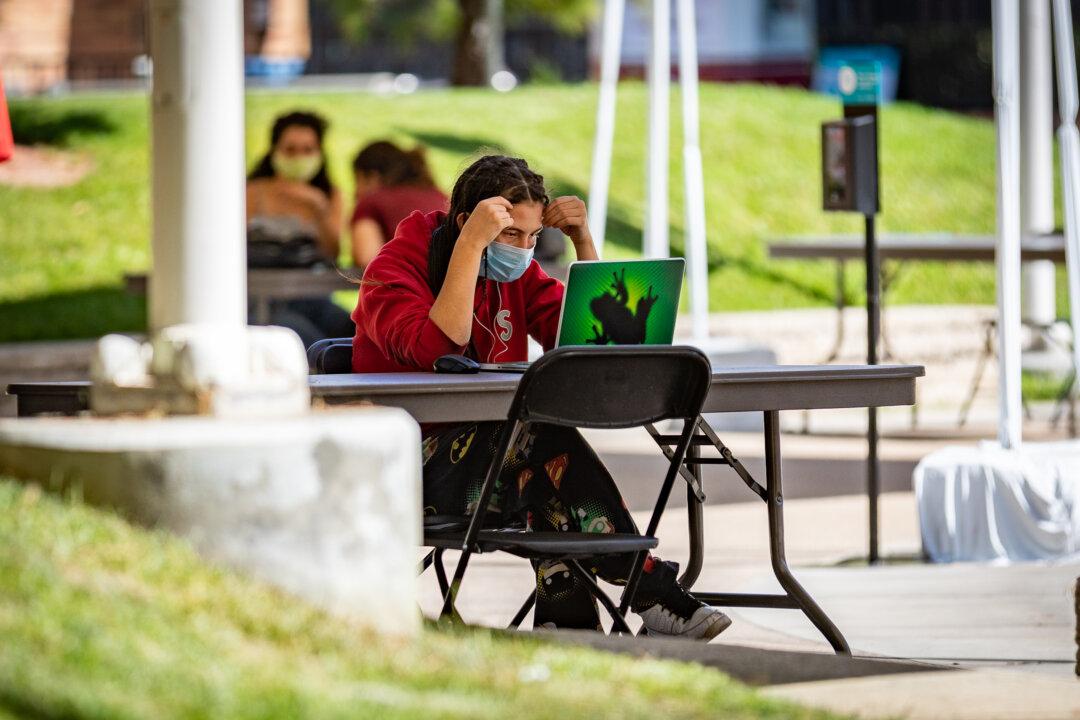Starbucks announced this week that it has partnered with Mercedes-Benz to install electric vehicle charging stations at more than 100 locations in the West Coast corridor along Interstate 5.
The charging stations will be built along Interstate 5, which stretches from Washington State to California, spanning 1,400 miles, according to a press release from Starbucks. The announcement didn’t say when installations would begin.
